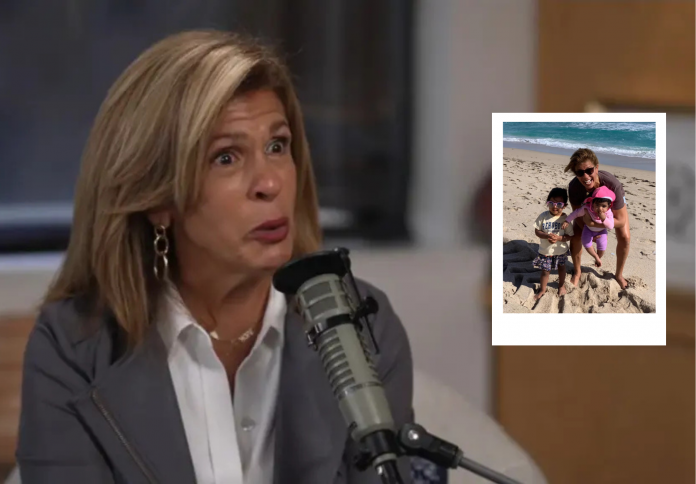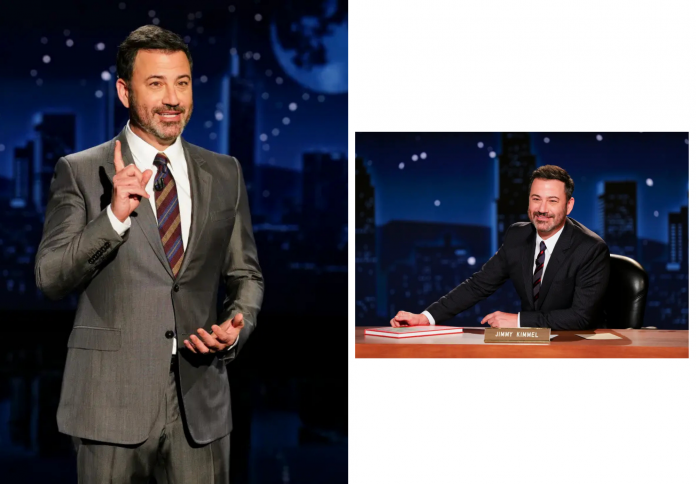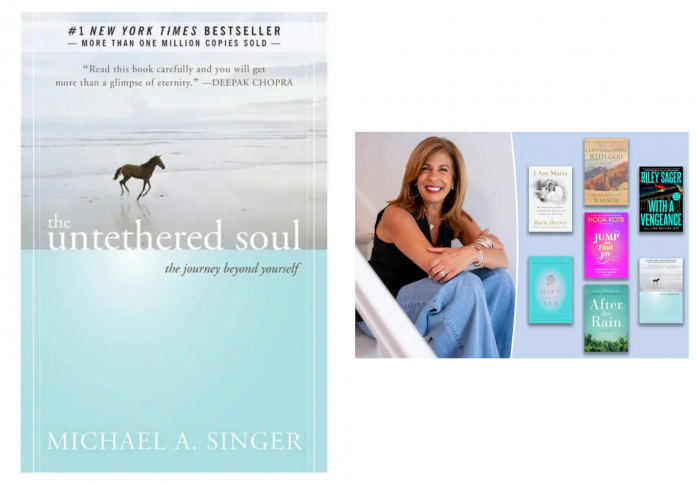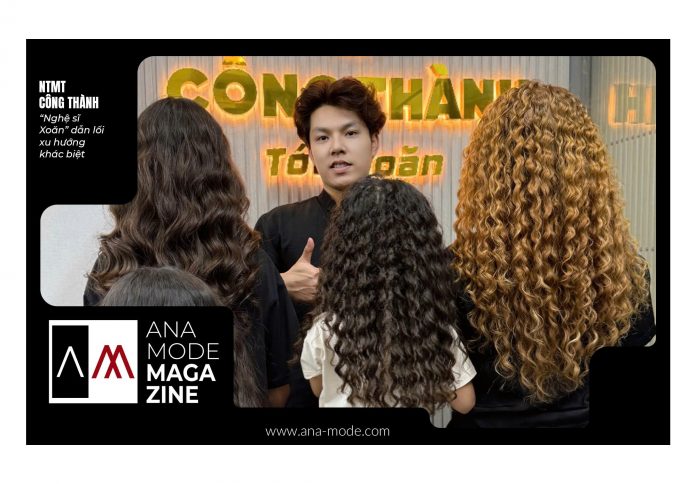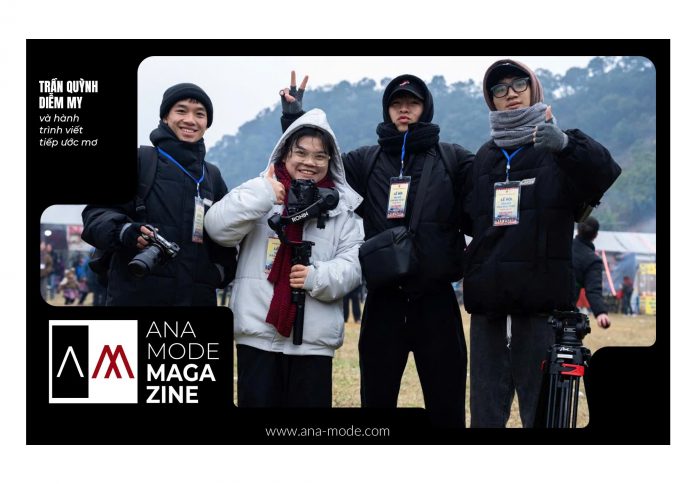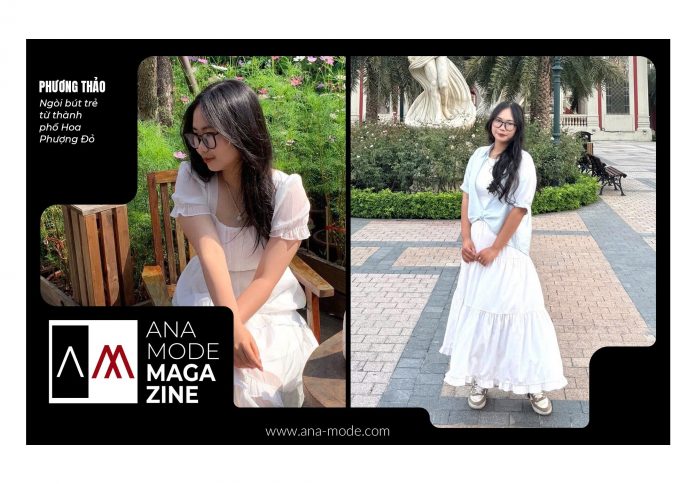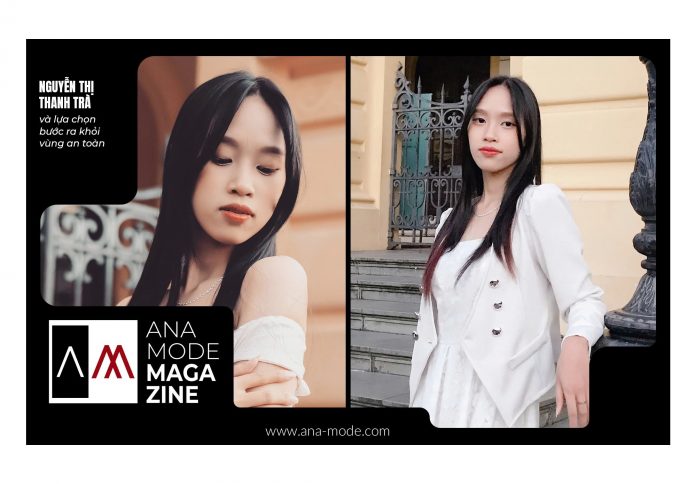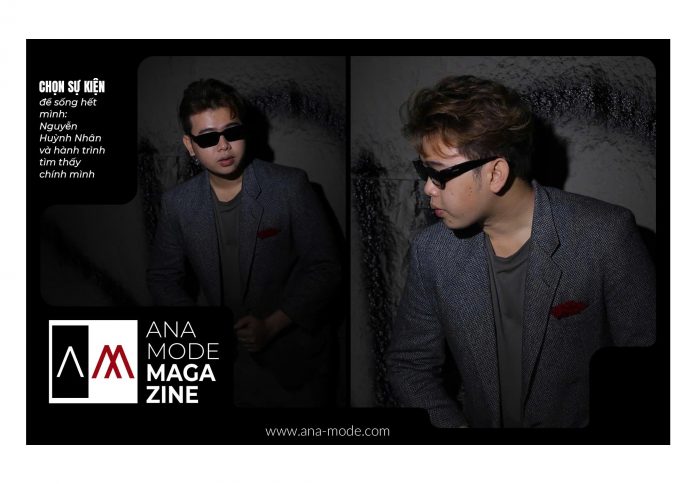In the often-curated world of celebrity, few things are left to chance, yet sometimes the most profound moments are entirely unplanned. Such was the case for Hoda Kotb, the beloved former morning news anchor, whose eight-year-old daughter, Haley, discovered a monumental piece of her mother’s history—a breast cancer battle that began nearly two decades ago—not through a carefully managed conversation, but by quietly reading her mother’s new book. The moment of revelation, which Hoda described as an “Oh, my God! Oh, geez!” surprise, immediately shattered the protective shield of motherhood and paved the way for a deeper, more necessary kind of connection. It was a powerful, unplanned catalyst for the vulnerability Hoda had long sought, proving that sometimes the best way to connect is to simply allow your children to see the full, complex story of the woman you are.
An Unscripted Revelation: A Mother’s Past, A Daughter’s Discovery
The moment the truth emerged was as unexpected as it was simple. Hoda Kotb’s daughter, Haley, was found absorbed in her mother’s latest memoir, a book dedicated to chronicling a life of resilience and joy. In the pages of this personal narrative, Haley encountered a fact about her mother’s history that she had never known: the quiet, private war Hoda had waged against breast cancer years before her children were even born. The sudden realization that her vibrant, loving mother had once faced a life-threatening illness immediately pierced the everyday bubble of their family life.

Haley’s question, born from the pages of the book, was direct and filled with an eight-year-old’s simple astonishment: “You had breast cancer?!” For Hoda, the surprise was palpable, a moment of reckoning where her carefully managed personal history suddenly collided with her present role as a mother. It highlighted the unique challenge faced by public figures: how and when to reveal the difficult, defining chapters of their lives to the children who only know them as Mom. This unplanned discovery, mediated by the honesty of the written word, forced an immediate, unscripted conversation, one that Hoda would ultimately cherish for its profound authenticity.
The Battle That Shaped a Life: Hoda’s Journey to Remission
To truly understand the weight of Haley’s question, one must look back to 2007, the year Hoda Kotb was first diagnosed with breast cancer. At the time, she was a journalist in her early forties, and the diagnosis became a defining, life-altering event. The public knew her as a relentlessly positive and warm presence, but behind the scenes, she faced a brutal, personal fight. Her treatment involved a mastectomy and reconstructive surgery, a physical and emotional ordeal that forever changed her perspective on life, time, and purpose.

The battle was successful, and Hoda has since remained cancer-free, but the experience left an indelible mark. It was during this recovery period that she experienced a profound shift in priorities, embracing a deeper appreciation for joy, hope, and the simple moments of life. This life-altering battle became the emotional foundation for the positivity and resilience that would later define her career and her personal journey to becoming a mother. The story she wrote about was not merely a medical footnote; it was the crucible in which her current self—the loving, present mother Haley knew—was forged.
Beyond the Title: Forging a Profound Connection
The surprise discovery by her daughter led Hoda into the “real” conversation she had unknowingly been seeking. She realized that the revelation had stripped away the formalities of their roles, allowing them to connect on a raw, human level. Hoda explained that they were “knowing each other as people, humans,” rather than the prescribed roles of “just mom or… kid.” This shift in perspective is a rare and precious gift in the parent-child relationship, especially as children grow and begin to see their parents not just as caregivers, but as complex individuals with their own histories, fears, and triumphs.

This unexpected moment became a breakthrough in communication. By confronting her past head-on, Hoda was able to share a piece of herself that was vulnerable and powerful, creating an immediate, tangible bond with her daughter. The conversation transcended simple facts about an illness; it became a lesson in human resilience, survival, and the profound depth of a mother’s strength. It was the moment the protective mother gave way to the honest person, and in doing so, allowed a deeper, more meaningful love to flourish.
Making Space for What Matters: The Career Pivot
Hoda Kotb’s recent personal evolution has been underpinned by a seismic shift in her professional life. In January, after 26 years on the air, she exited her full-time role at the “Today” show. This decision, though likely difficult, was an intentional move rooted in her search for that “profound connection” with her daughters, Haley, 8, and Hope, 6, whom she shares with her former fiancé, Joel Schiffman. Hoda admitted that her demanding career had created a constant pull on her time and attention, making the kind of deeply present motherhood she craved a challenge.
She noted that the career pivot “did make space” in her life, allowing her to be more involved and present in her children’s daily lives. This choice is a powerful statement about prioritization—that no amount of professional success can replace the intimacy and connection achieved through shared, unhurried time with family. The conversation about her cancer, happening soon after this professional shift, underscored the wisdom of her decision, solidifying the fact that she was now fully available to navigate life’s unscripted moments, both big and small, with her children by her side.
The Gift of the Open Book: Sharing Vulnerability
The irony that Haley discovered her mother’s private battle through a publicly available book is a poignant reflection on modern parenting and the power of media. For Hoda, the book served as an unintentional, yet deeply effective, vessel for sharing her vulnerability. Often, parents struggle with how to communicate difficult or painful historical events to their children. A book, which offers a fixed, structured narrative, allows a child to process complex information at their own pace and return to it with questions.
By writing down her journey, Hoda gave her daughters, and all her readers, a tangible record of her survival. This act of public record, which led to a private moment of revelation, ultimately bestowed a powerful legacy upon her children. She is teaching them, through her own life story, that joy and resilience can emerge from struggle. The “Open Book” moment was not just about breast cancer; it was about modeling vulnerability, showing that the woman they know as Mom is defined not by her titles, but by her courage, her capacity for love, and her willingness to be truly and completely seen.
